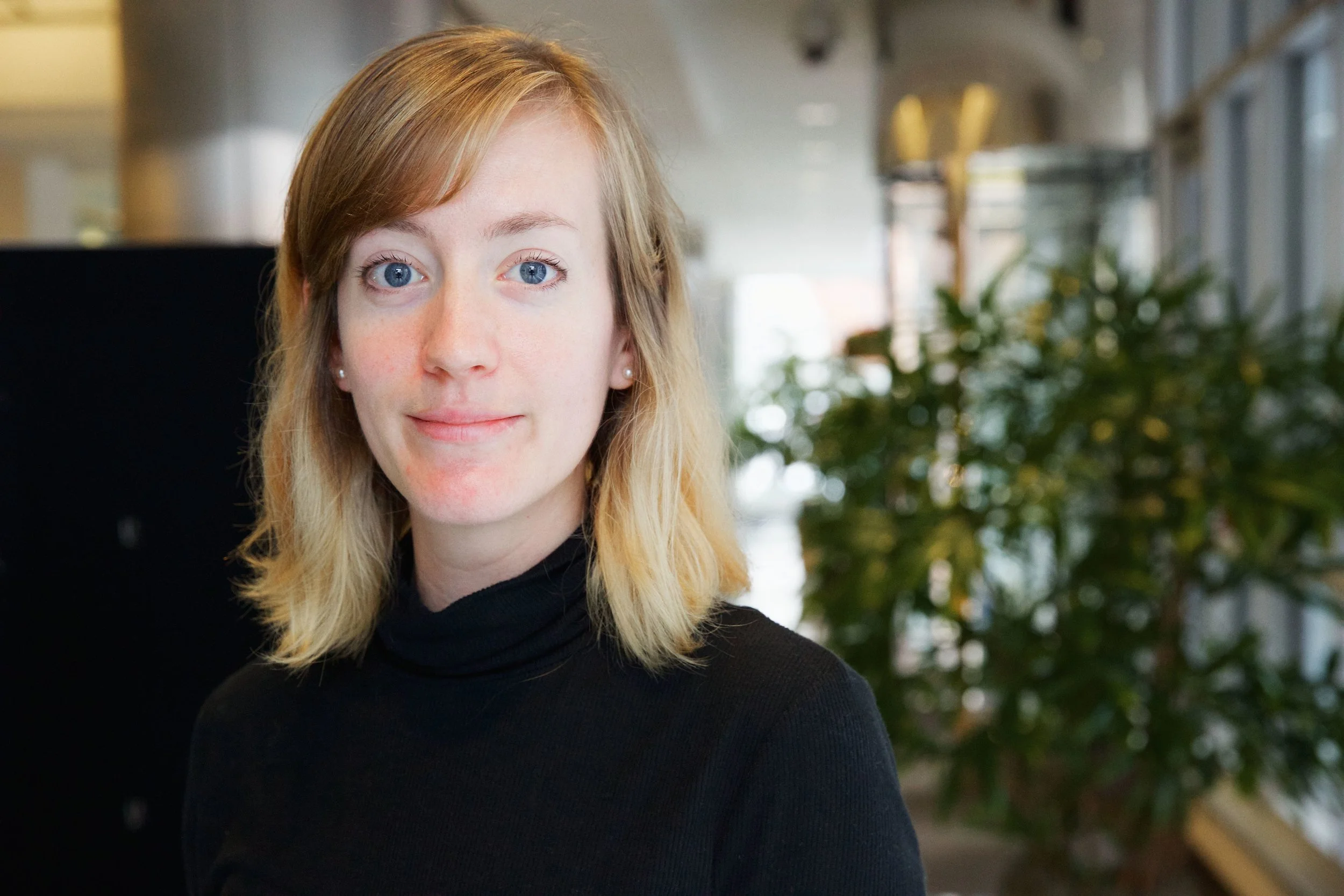Richmond Justice
STORIES + PORTRAITS
Karl | September 2, 2016
Karl Doss is the Director of Access to Legal Services at the Virginia State Bar. After law school, Karl served as a public defender, prosecutor, and referee in family court before transitioning to work on policy and training. The Virginia State Bar recently launched virginia.freelegalanswers.org to provide Virginia residents without financial resources the opportunity to secure legal advice from attorneys across the state.
Everyone who comes into the justice system should be treated fairly. It shouldn’t matter if someone is rich or poor; they should have a fair and impartial hearing. But there's a justice gap: Poor people can't access justice in the same way rich people can.
Except in rare circumstances, there is no constitutional right to counsel if you’re dealing with civil matters. So, if you're about to be evicted or have your disability benefits revoked, there's no right to counsel. If you're trying to adjust your custody visitation schedule to see your kids, there’s no right to counsel. Cancer patients who need a simple will or a medical advanced directive have no constitutional right to get professional help securing those critical documents.
You’re at least twice as likely to have a favorable outcome if you go into a courtroom with a lawyer than if you’re representing yourself. That’s good news for lawyers, but not for Virginians who need legal help and can’t access it. The fact is that 80% of the civil legal needs of the poor in Virginia are not being met.
Folks may assume that low-income people can get help through nonprofit legal aid organizations. But legal aid can't stretch its modest resources to help everyone who needs it. There are about one million people in Virginia eligible for legal aid, yet funding for only 130 legal aid lawyers in the entire state. That’s crazy; given the need, that discrepancy makes no sense. Unfortunately, it’s unlikely that legal aid will ever be funded in the way it should be, so we have to look elsewhere for solutions.
“We need to instill a commitment to public service in the minds and hearts of Virginia attorneys.”
The Virginia State Bar has enormous potential to help bridge the justice gap: We have over 30,000 active members, and a rule stating that lawyers should provide 2% of their professional time doing pro bono work. Added together, we’re talking about potentially one million hours of pro bono service by Virginia attorneys each year. Sadly, we estimate that Virginia attorneys are contributing only about 90,000 hours. We’re not reaching even 10% of our goal.
Why aren’t attorneys dedicating time to pro bono service? There are plenty of legitimate reasons, including lack of time, family commitments, constant pressure to bill hours, and small or nonexistent support staff. Part of my job is to make pro bono easy. I understand the demands of a busy schedule and a busy family life.
That’s one reason why we launched our new legal answers website. The site empowers registered users to pose civil legal questions to volunteer lawyers who cananswer them. It represents a convenient way for lawyers to do some pro bono work—and we hope it will inspire them to do much more. Most importantly, through this site, they’ll provide low-income Virginians with useful answers to important legal questions.
Registered users of the site can pose a question, provide details, and attach documentation. The attorney who chooses to answer that question can request more information if needed. Then, the attorney will advise on whether there is a decent case, what the next steps should be, and provide forms that may be useful in taking those steps. The person with the question goes forward with the ability to articulate the challenges they're facing and some tools to deal with them. For example, maybe the attorney has provided them with information on case law or statutory law supporting their petition. Is this process as good as full case representation? Absolutely not. But it’s a step in the right direction.
Anyone who meets the income eligibility requirement can use the site; in our case, anyone whose income is less than 250% of the federal poverty guideline is eligible. So, if you're in a family of four and your household income is less than $60,750, you're eligible. This is a significantly higher threshold than the limits set by legal aid organizations and most other nonprofit legal service providers. We’re hoping to engage a lot of people who struggle to get by on modest means.
The Virginia State Bar needs to get the word out that there are lot of opportunities for attorneys to do pro bono work. Right now, we're falling far short. We need to instill a commitment to public service in the minds and hearts Virginia attorneys. After all, as members of the Bar, we are very privileged. We ought to give back.
— interviewed July 25, 2016











